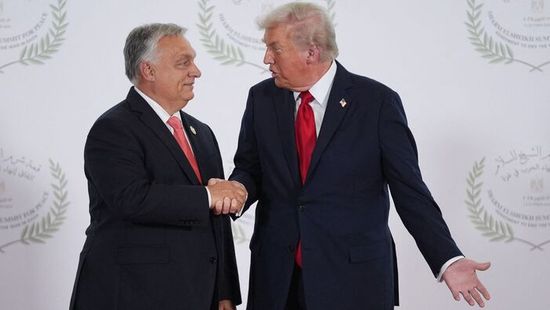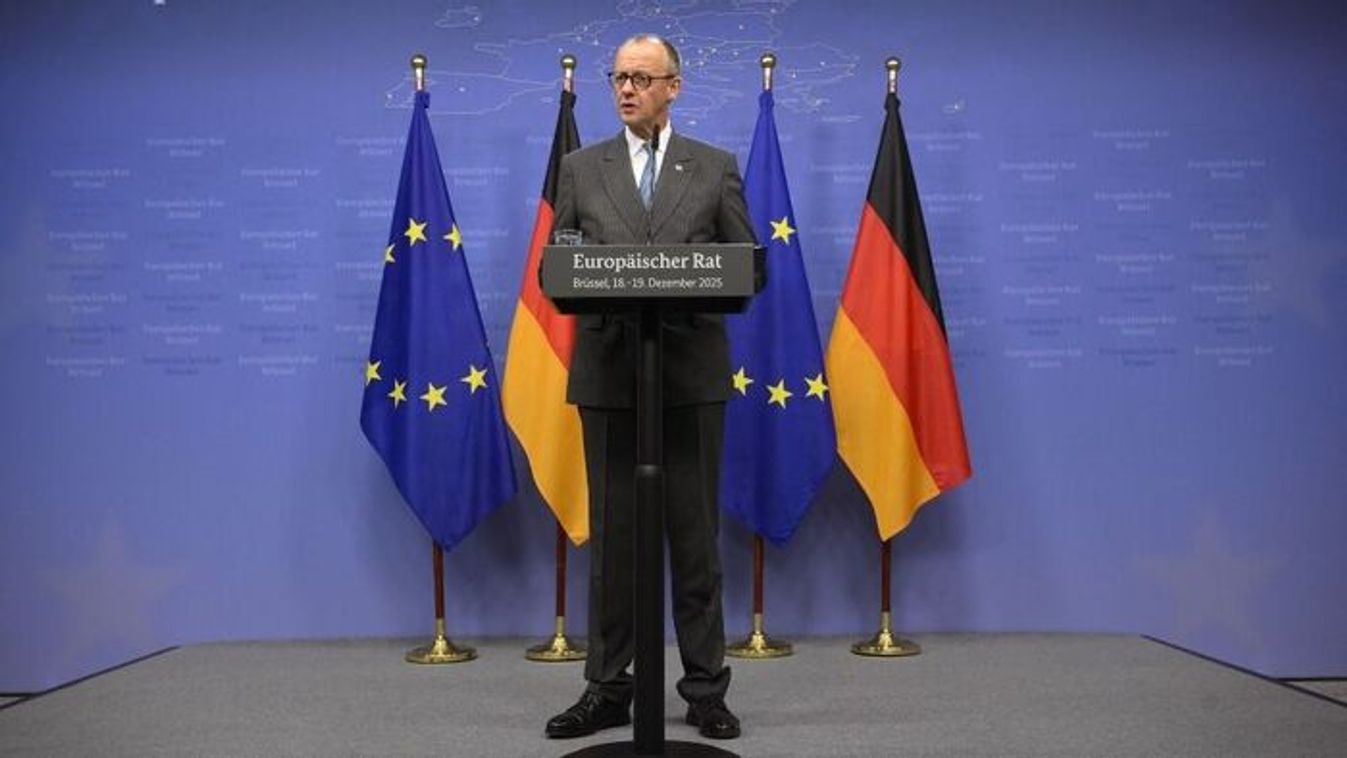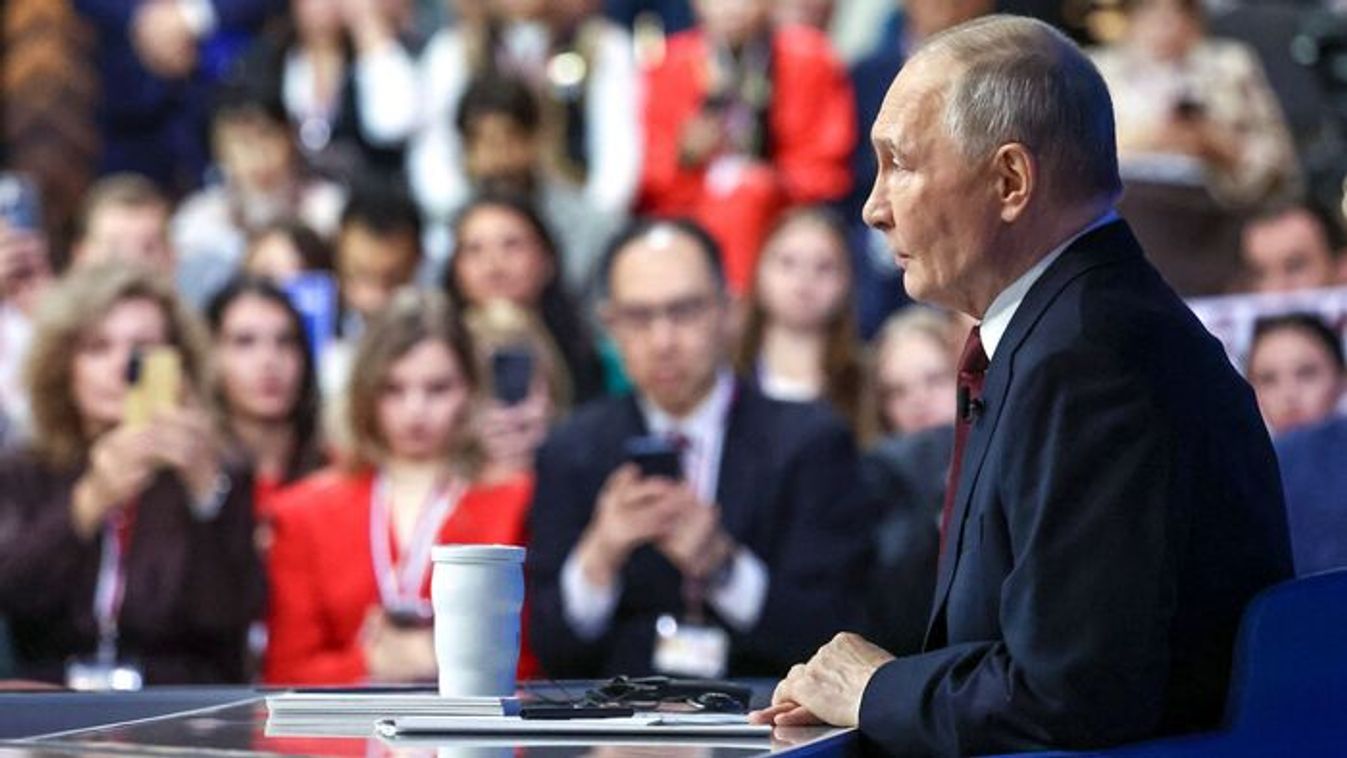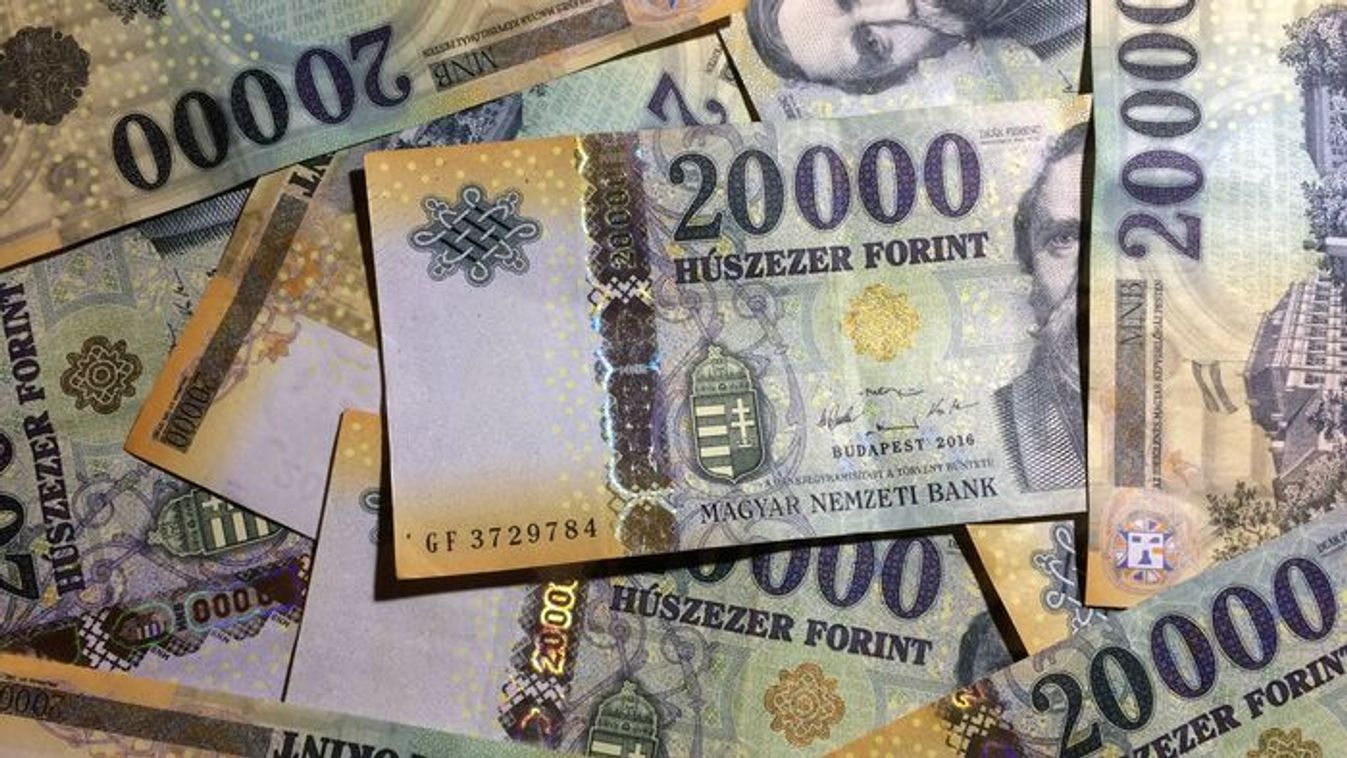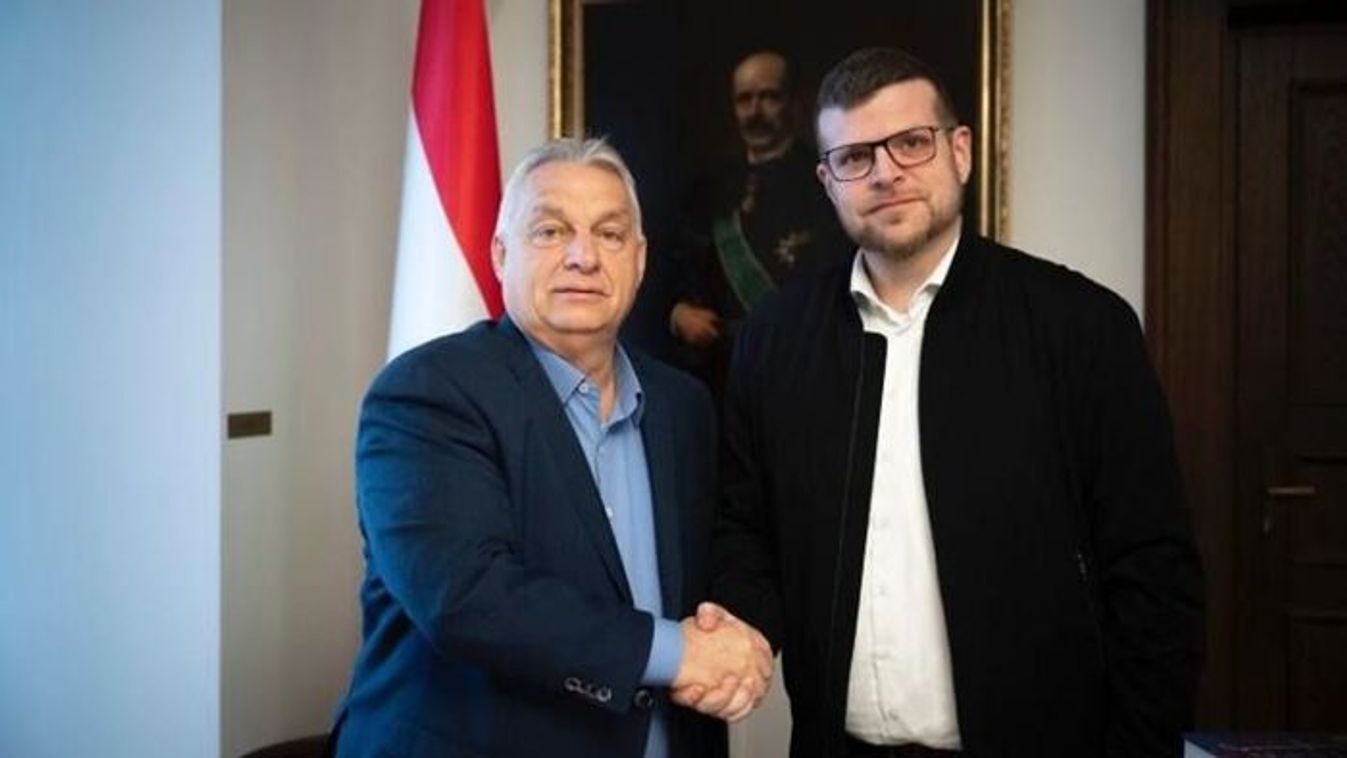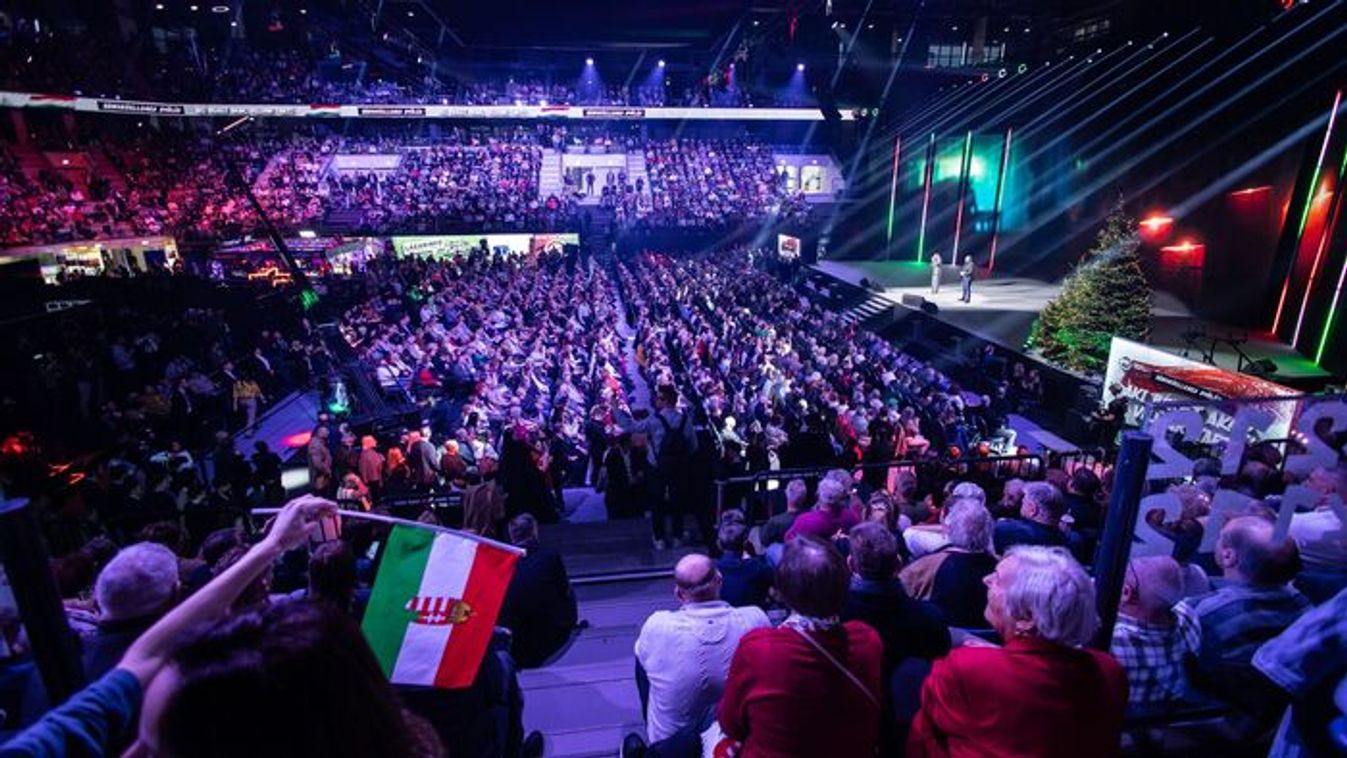We spent a lot of time trying to make our apps run faster, crash less, and have fewer bugs, but until this year, we didn't spend a huge amount of time on delivering the same experience with less data. It just wasn't important to a lot of the people who use our services in developed countries. But it's critically important to the next few billion. In the beginning of this year, the average person used about 12 megabytes for the Android app on Facebook, and I think over the next couple of years, we're going be able to get that down to one megabyte a day, with very few changes. Since one megabyte is still too much for a lot of the world, the question becomes, Can you get to half a megabyte or a third?
Can you make it so a text-based internet is almost free?
The text in my entire white paper is less than a tenth of a megabyte. But a 30-second video like the one we did for internet.org can easily be 50 to 100 megabytes, and that's taking advantage of a lot of investment made in compression technologies. But the number I gave for the text document doesn't involve compression at all. So there's more opportunity to do compression for the basic services than there are for things like video.”
